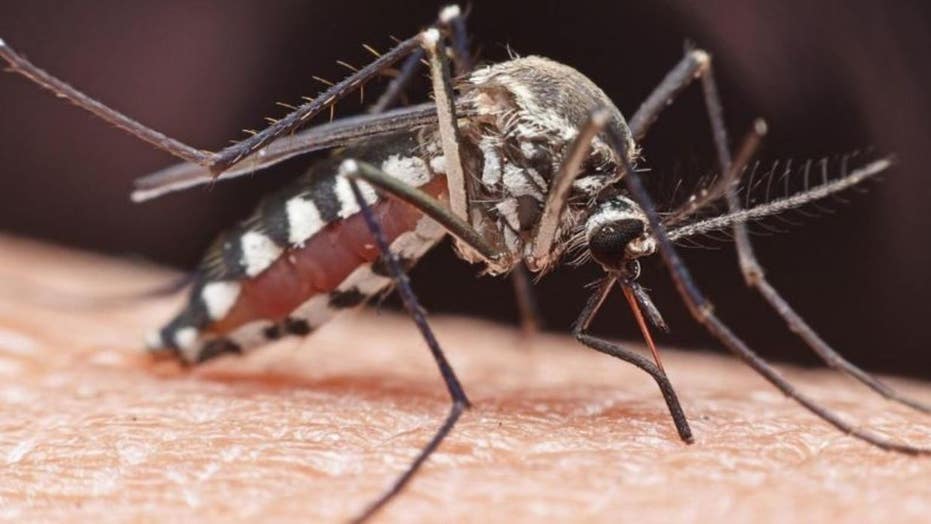Every 2 minutes another child will die from malaria. For children in Africa this first malaria vaccine is seen as a major “breakthrough for science and child health”.
Malaria has tormented mankind for thousands of years, mostly effecting babies and infants

The following written content from Fermin Koop
The world just got a new tool against a very deadly disease. The World Health Organization (WHO) said that the only approved vaccine against malaria should be given to African children following a large-scale pilot program. The vaccine (called RTS,S, or Mosquirix), with a 30% to 40% efficacy, is developed by GlaxoSmithKline and will soon be distributed in key areas.
Over two million doses of Mosquirix have been administrated to children in Ghana, Malawi and Kenya since 2019 as part of a program coordinated by the WHO. The results from the pilot were largely optimistic. The vaccine was found to be cost-effective, safe, and with have negative impact on other vaccines or other measures to prevent malaria.
“This is a historic moment. The long-awaited malaria vaccine for children is a breakthrough for science, child health and malaria control,” WHO Director-General Tedros Adhanom Gebreyesus, said in a statement. “Using this vaccine on top of existing tools to prevent malaria could save tens of thousands of young lives each year.”
Mosquirix had already been approved by the European Medicines Agency (EMA) in 2015, arguing the benefits outweighed the risks. But the WHO wanted to wait for the results of the pilot program before recommending it for its use. The expectation is that it will be mainly used in sub-Saharan Africa, where the disease is a top killer of children.
till, this doesn’t mean the vaccine will be rolled out immediately in Africa. It’s hard to tell at the moment who will offer the money to purchase the necessary doses. Also, it’s a tricky vaccine to administer as it needs four doses in order to be effective – the first three at five, six, and seven months old and then a final booster at around 18 months. Nevertheless, the fact that such a vaccine — imperfect as it may be — exists, was hailed as a game changer.
“We have long hoped for an effective malaria vaccine and now for the first time ever, we have such a vaccine recommended for widespread use,” Matshidiso Moeti, WHO Regional Director for Africa, said in a statement. “Today’s recommendation offers a glimmer of hope for the continent which shoulders the heaviest burden of the disease.”
Malaria is caused by a parasite, Plasmodium, that spreads to people through the bites of infected mosquitoes. There are five species that can cause malaria in humans, and two represent the largest threat. Symptoms usually appear 15 days after the mosquito bite and if not treated quickly it can progress to severe illness and even to death.
In 2019, almost half of the world’s population was at risk of malaria, according to the WHO. Most cases and death happen in sub-Saharan Africa, but South-East Asia, the Americas, and Western Pacific are also at risk. Some groups are at higher risk than others, including infants, children under 5 years of age, pregnant women, and migrants. Read more from ZME
Subscribe Here





